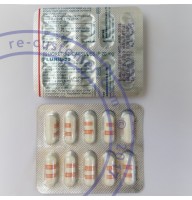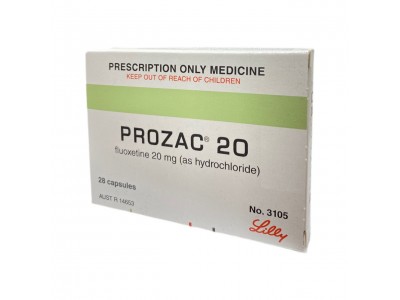Replacing Prozac (fluoxetine), which is a prescription antidepressant medication, with a natural alternative is not straightforward and should be approached cautiously. Fluoxetine belongs to a class of drugs known as selective serotonin reuptake inhibitors (SSRIs), which are specifically designed to treat depression, anxiety disorders, and other conditions by altering neurotransmitter levels in the brain.
Natural alternatives often refer to supplements, herbs, or lifestyle changes that some people use to manage mood disorders. While these alternatives may have anecdotal support and some limited scientific evidence, they are generally not as well-studied or as rigorously regulated as prescription medications like fluoxetine. This means their effectiveness and safety can vary widely, and they may not provide the same level of therapeutic benefit.
Some natural alternatives that are sometimes considered for depression include St. John's wort, omega-3 fatty acids (found in fish oil), SAM-e (S-adenosylmethionine), and certain vitamins and minerals. These options may be used as adjuncts to conventional treatment under the guidance of a healthcare professional, but they are not typically recommended as sole replacements for prescription antidepressants like fluoxetine.
It's important to note that untreated or improperly managed depression can have serious consequences, including worsening symptoms, impaired functioning, and increased risk of self-harm or suicide. If you are considering alternatives to fluoxetine, it's crucial to discuss this with your healthcare provider. They can provide guidance tailored to your individual situation, monitor your progress, and ensure you receive appropriate treatment.
Ultimately, the decision to use natural alternatives versus prescription medications should be based on informed discussion with a healthcare professional who understands your medical history and can help you weigh the risks and benefits effectively.

